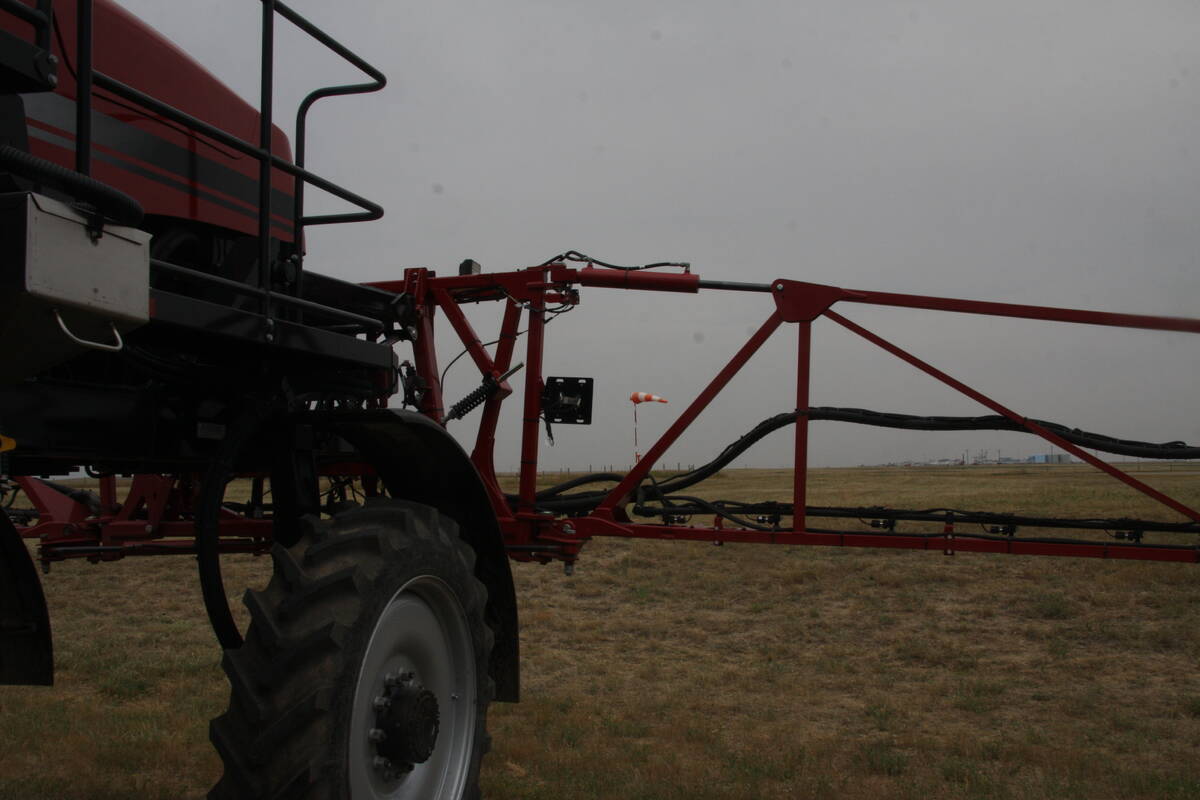The Montana-based R-CALF group is trying to delay a possible U.S. border opening to Canadian cattle.
R-CALF, made up primarily of ranchers living in the northern United States, has asked its government to maintain an import ban on Canadian cattle, says a spokesperson for the U.S. meat processing industry.
“We view it as a pre-emptive strike (for) when the rule is announced,” said Rosemary Mucklow of the National Meat Association, representing American packers and processors.
R-CALF’s 22-page comment was submitted to the U.S. Department of Agriculture Dec. 9, even though the rule has moved to the Office of Management and Budget, the final step before publication.
Read Also

More work wanted on removing red tape
REGINA — Canadian farmers risk falling further behind competitors if two main federal agencies don’t become more efficient and responsive…
“We think it fairly unlikely that they (the OMB) would give it any serious consideration,” Mucklow said.
There is concern R-CALF may seek a court injunction to halt trade once the rule is published. R-CALF representatives were not available for comment at press time.
However, a USDA representative said the comments would be read.
“We need a chance to review the information that R-CALF has submitted,” said Julie Quick.
“Any actions that we might take in regard to the information that R-CALF has submitted would have to be consistent with the Administrative Procedures Act,” she said. This is the law governing all rule-making in the U.S.
The comments express the organization’s concern with allowing live cattle and all meat cuts from a BSE-positive country when the U.S. considers itself disease free.
R-CALF said the new rule ignores scientifically established BSE standards, leaves American producers and consumers at a disadvantage, does not consider known compliance complications and places the U.S. disease status at risk.
However, Mucklow’s meat association worries the longer the trade ban continues, the more it could hurt American slaughterhouses, particularly smaller, independent companies that bought Canadian cattle in the past.
An unpublished study from Kansas State University estimates the ban on Canadian cattle has cost U.S. packers and processors about $1.9 billion US.

















